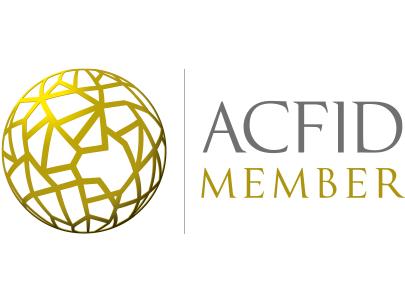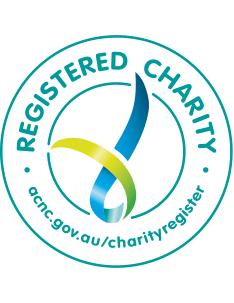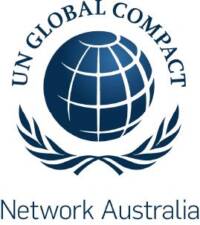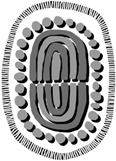Dr Thomas Fitzpatrick with colleagues Jordanna (L) and Roselyn (centre) at the National Referral Hospital, Honiara (Solomon Islands). Photo supplied.
December 4, 2023
Looking after legs in the Solomon Islands
Podiatrist Thomas Fitzpatrick shares his story on the prevention and management of diabetic foot disease at the National Referral Hospital.
Under the supervision of Dr Rooney Jagilly, Head of Surgery at the National Referral Hospital in Honiara, I have been working on the ‘Luk Afterem Legi (Look after Legs)’ Project which aims to reduce the rate of diabetes related amputations and avoidable deaths in the Solomon Islands.
The Solomon Islands has the 9 highest prevalence of diabetes in the world.For many reasons, a large number of people with (often uncontrolled) diabetes, are developing foot wounds and seeking medical assistance late, by which time their wounds are large, infected or necrotic. This almost always leads to acute hospital admission, surgical debridement, amputation, or death. 60% of inpatients on the surgical ward at the National Referral Hospital have severe amputations and wounds and the mortality rate 5 years after an amputation is up to 70%.
There are no podiatrists or specialists in diabetic foot care in the Solomon Islands. As a project manager with a background in Podiatry, my role focusses on working with surgeons, nurses and other health professionals to improve screening, prevention and management of diabetic foot disease.
One exciting health promotion initiative we are starting is with Dreamcast, a local theatre company, to use film, art and theatre to raise awareness and understanding of diabetes in provincial areas.
Another program highlight has been training Roselyn (Surgical Nurse) and Jordanna (Diabetes Nurse) in podiatry skills to become the country’s first Diabetic Foot Trainers. They have worked with managers to improve service systems and trained over 75 health workers in diabetic foot care. Roselyn and Jordanna were very proud to make their first ever overseas trip to deliver training at Alotau Hospital in Papua New Guinea and it was great to be a part of that.
Staff are working to improve health outcomes in a very challenging environment. An example includes patients often needing a family member to donate blood for urgent surgery to avoid spreading of foot infection and death.
What I love most about working in the hospital is that, despite the challenges, walking through the corridors you are guaranteed stumble across warm smiles and laughter from staff, patients and families to one another.
This along with the joyful tone and expressions of the Pijin language is really infectious and brings strength to others in what is often a very hard time. The importance of community and the culture it brings to take care of one another and enjoy the simple things in life is a key reflection from my time in the Sols.
I’ve been overwhelmingly impressed by my colleagues’ resilience, creativity and eagerness to overcome significant challenges at different levels of the healthcare system and achieve positive health outcomes.
Thomas’ assignment is part of SIMPLER (Solomon Islands Medical Partnership for Learning, Education and Research). SIMLER is supported by the Solomon Islands Government and the National Referral Hospital, funded by the Australian High Commission in Honiara. Learn more about SIMPLER.
Supplied image: Thomas Fitzpatrick with colleagues Jordanna (L) and Roselyn (centre) at the National Referral Hospital, Honiara(Solomon Islands).




